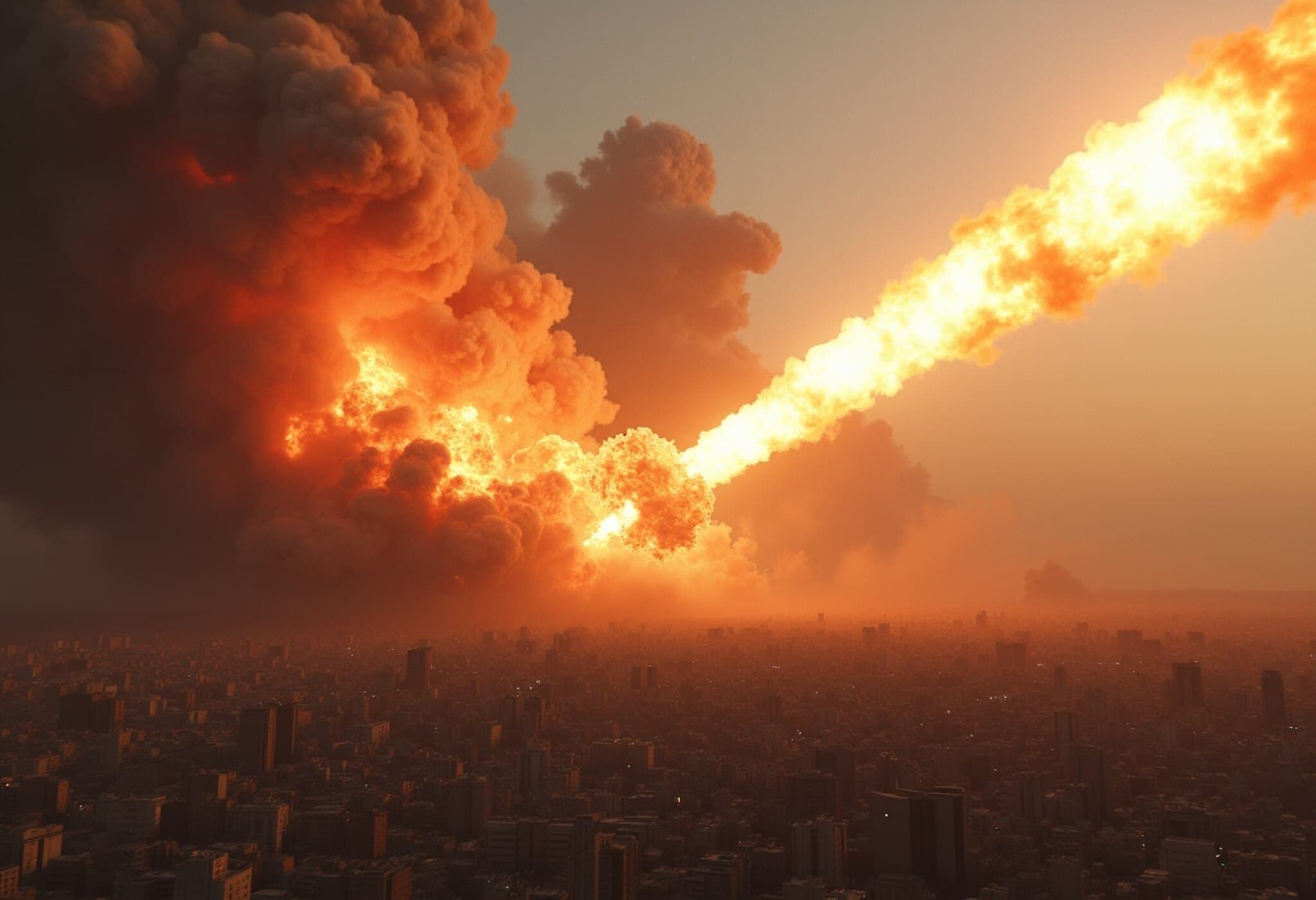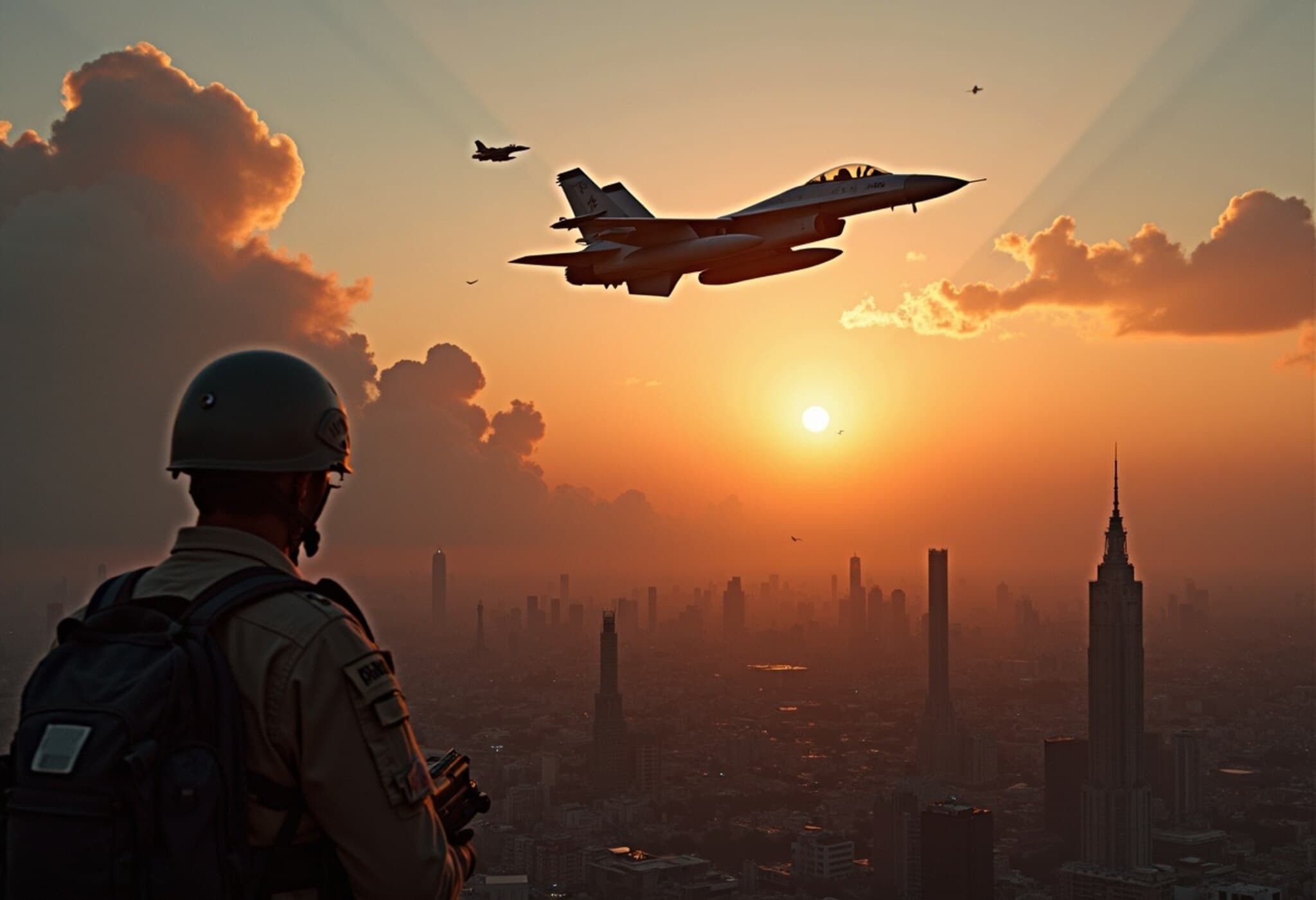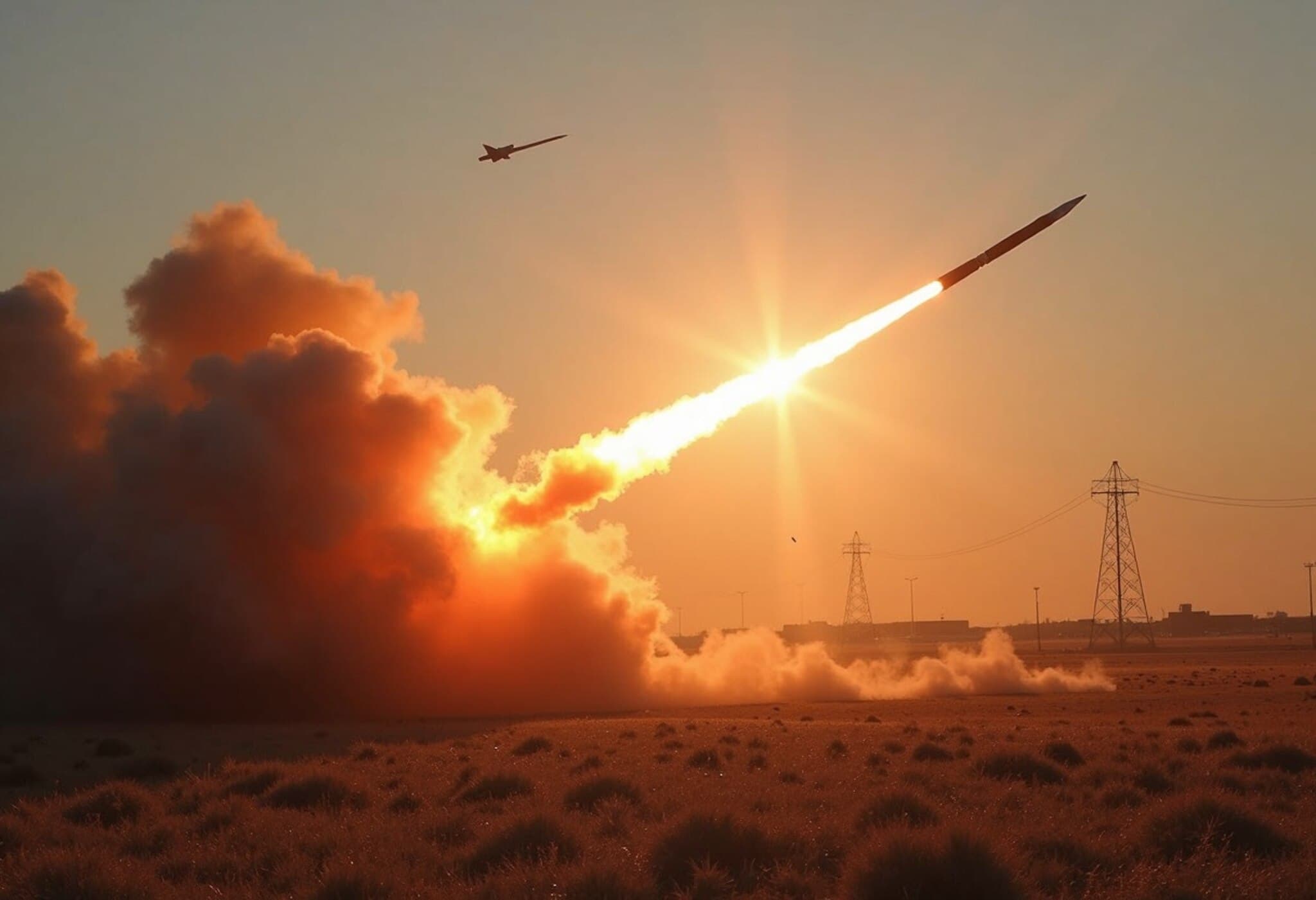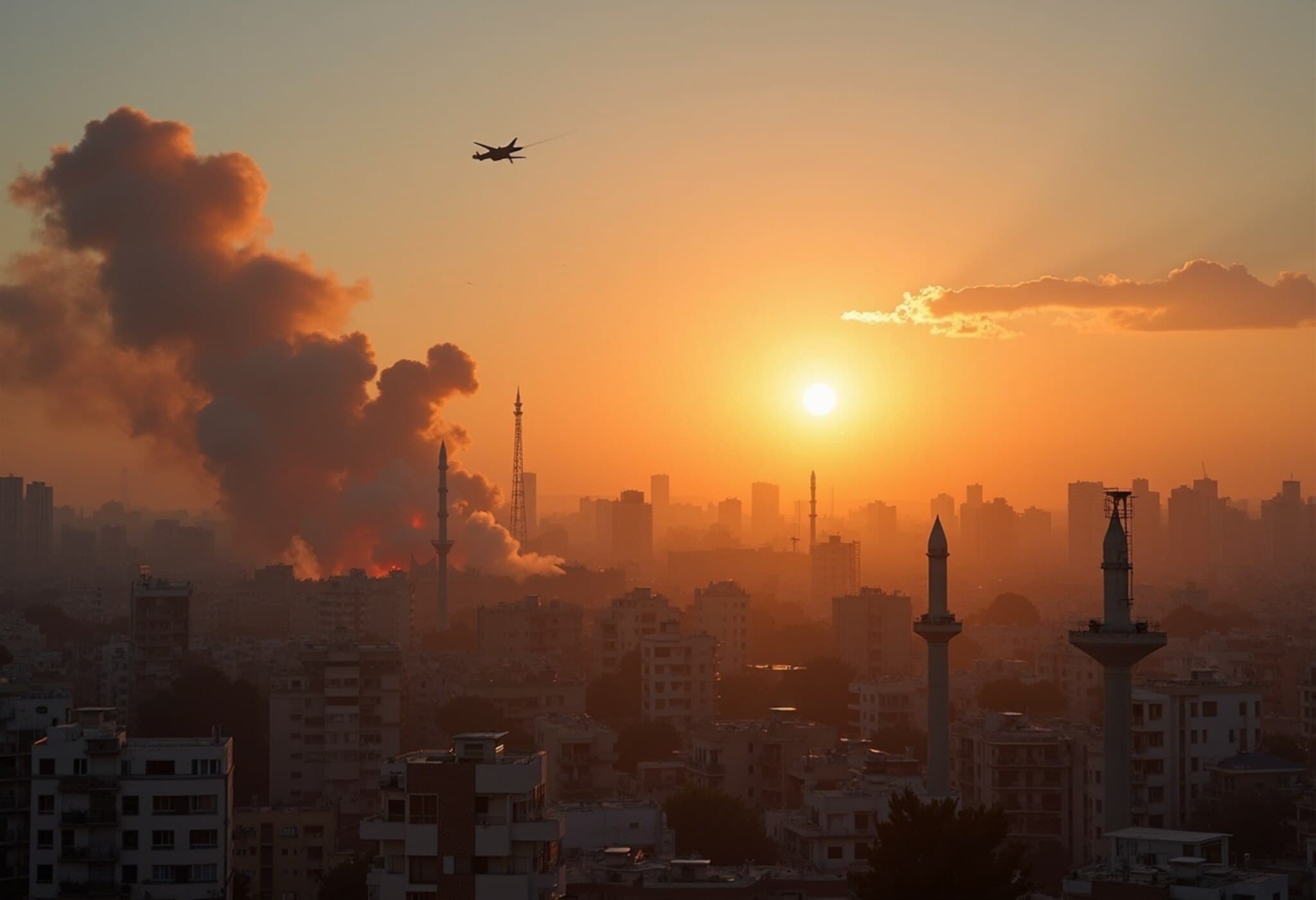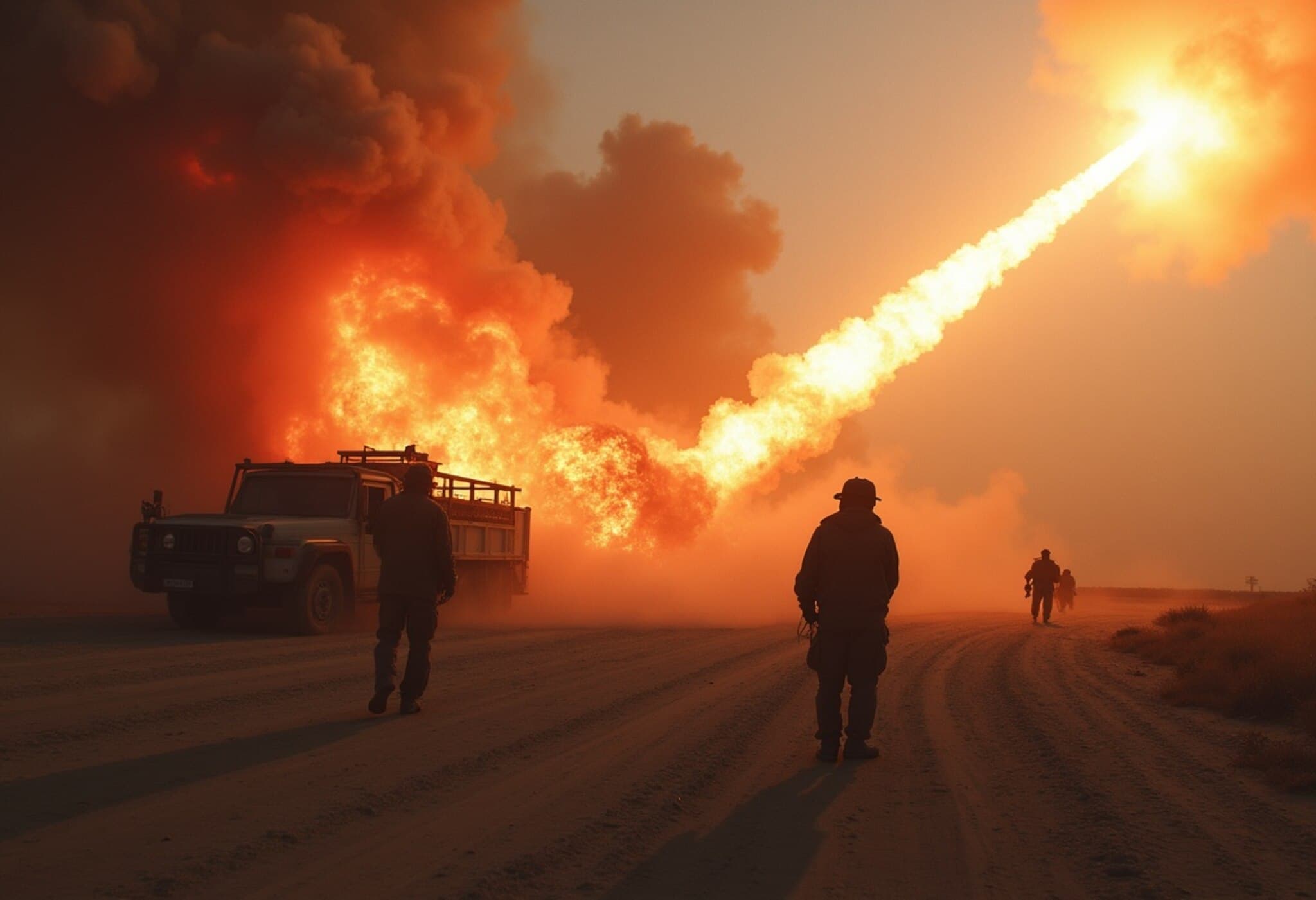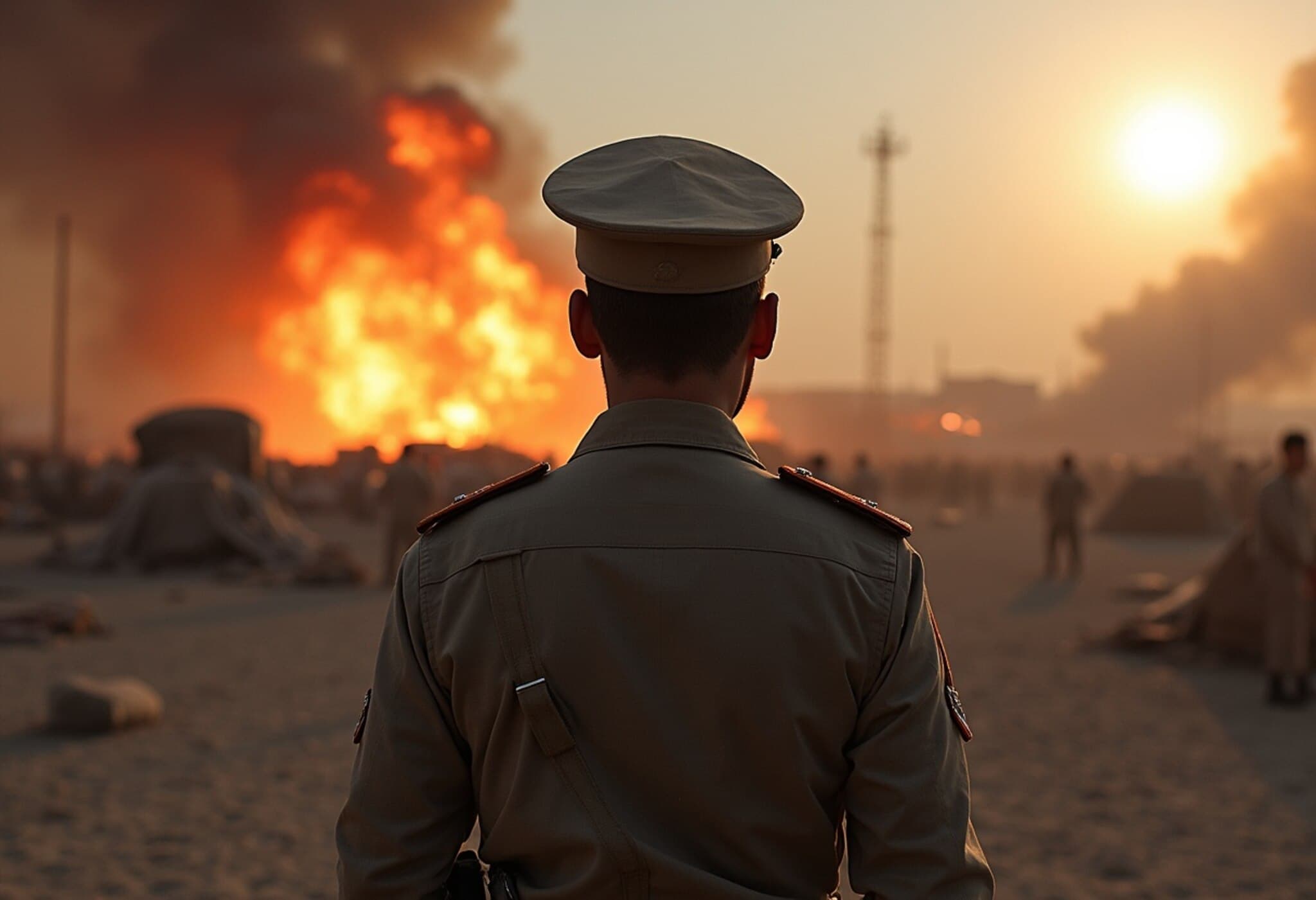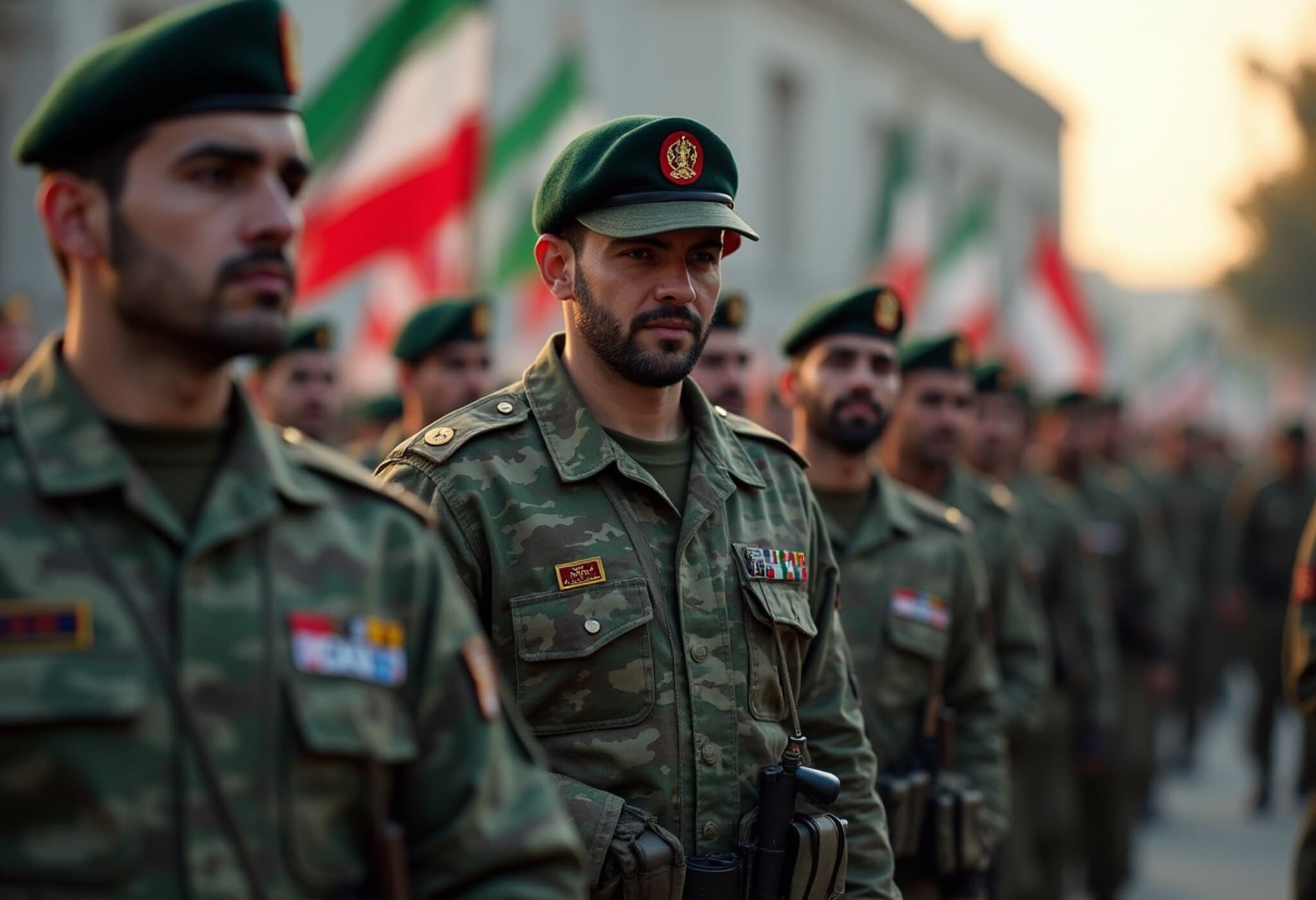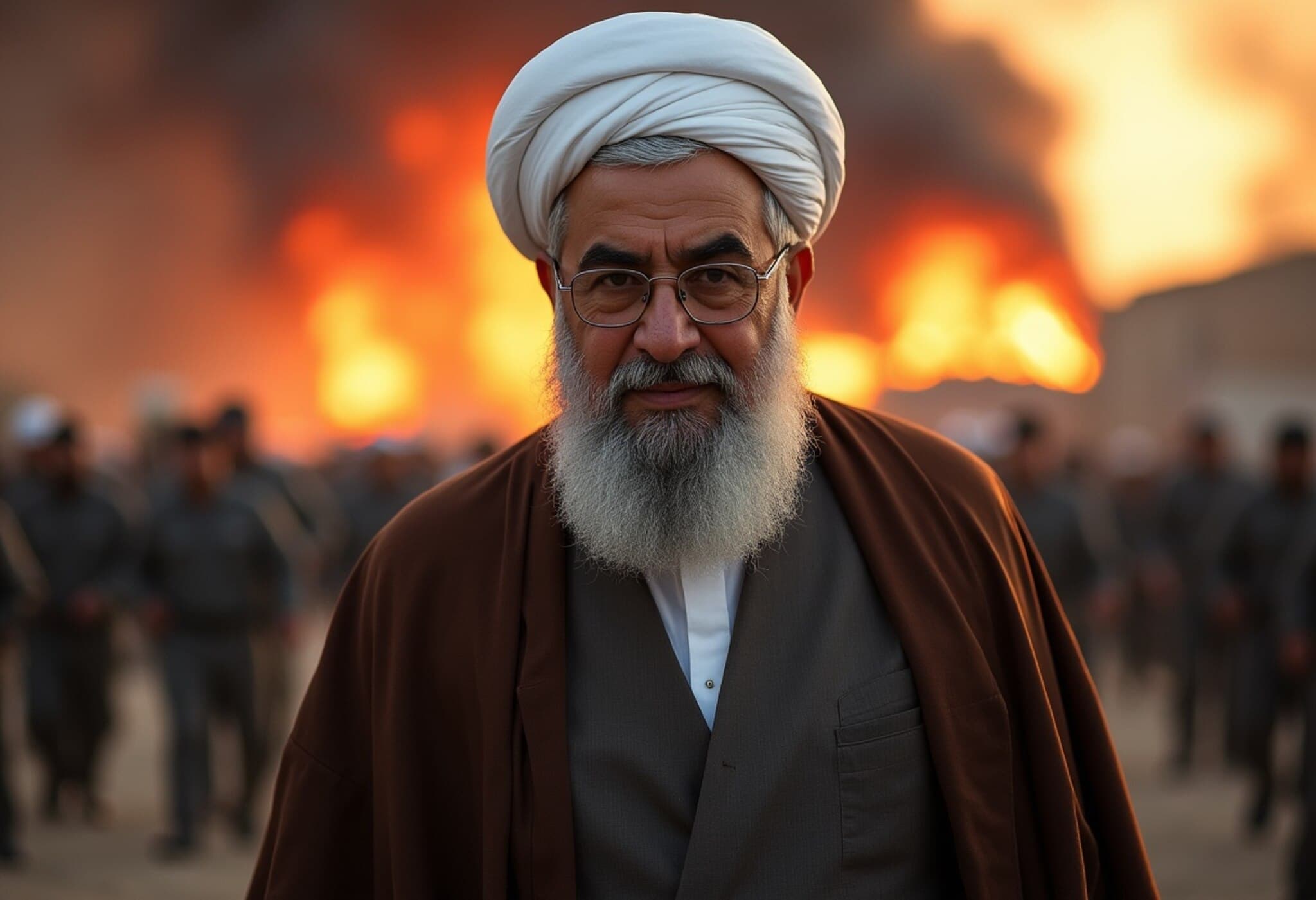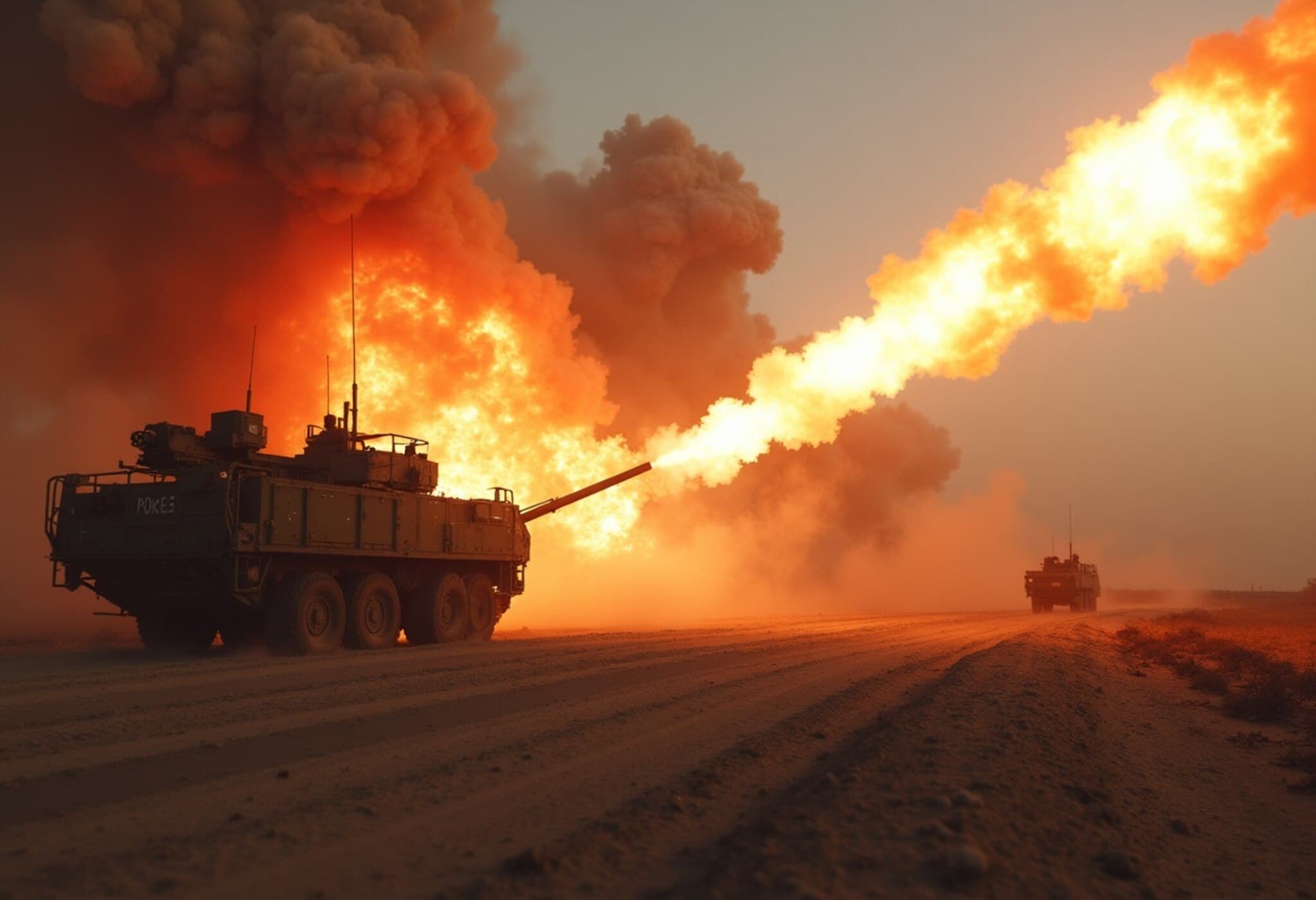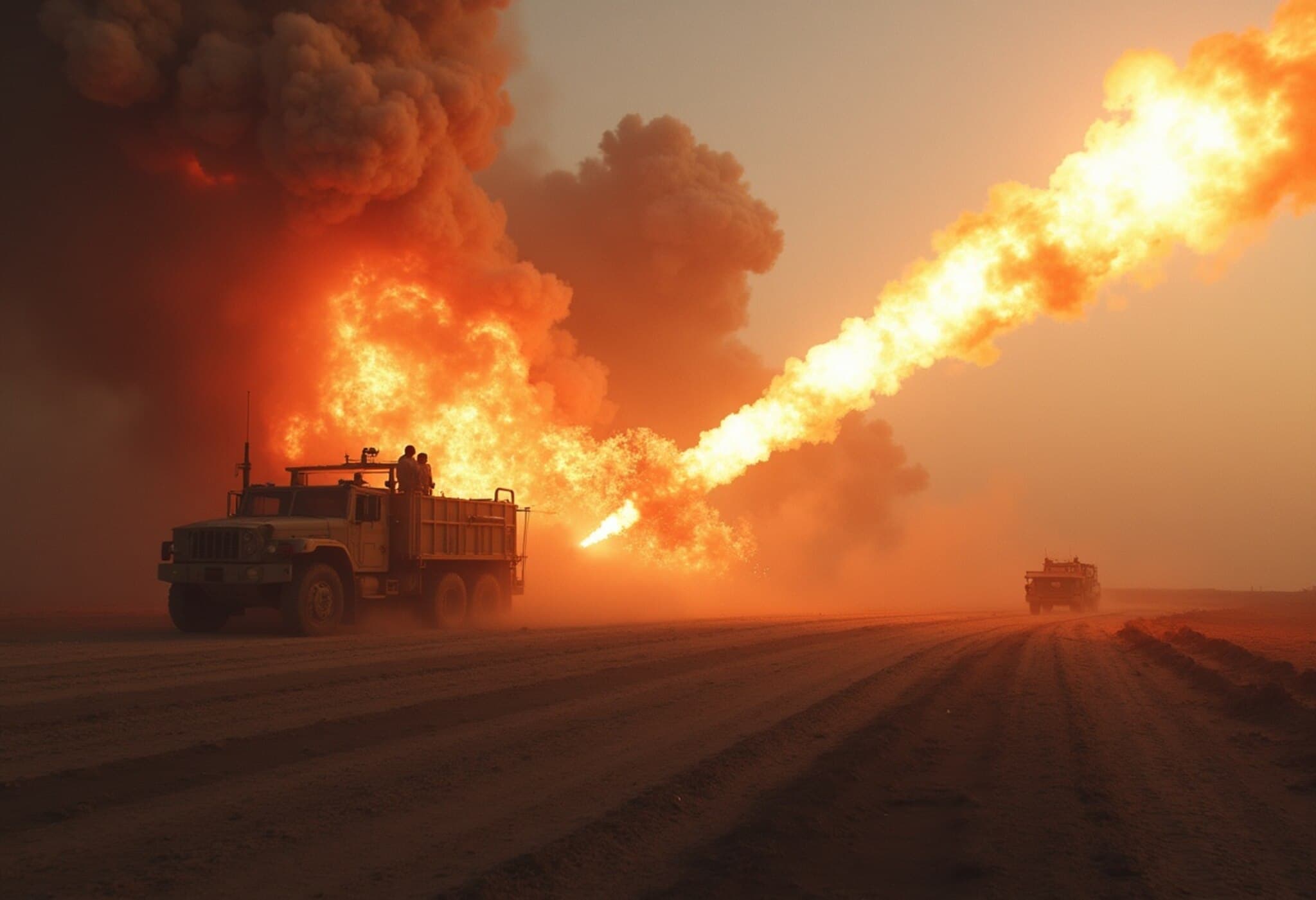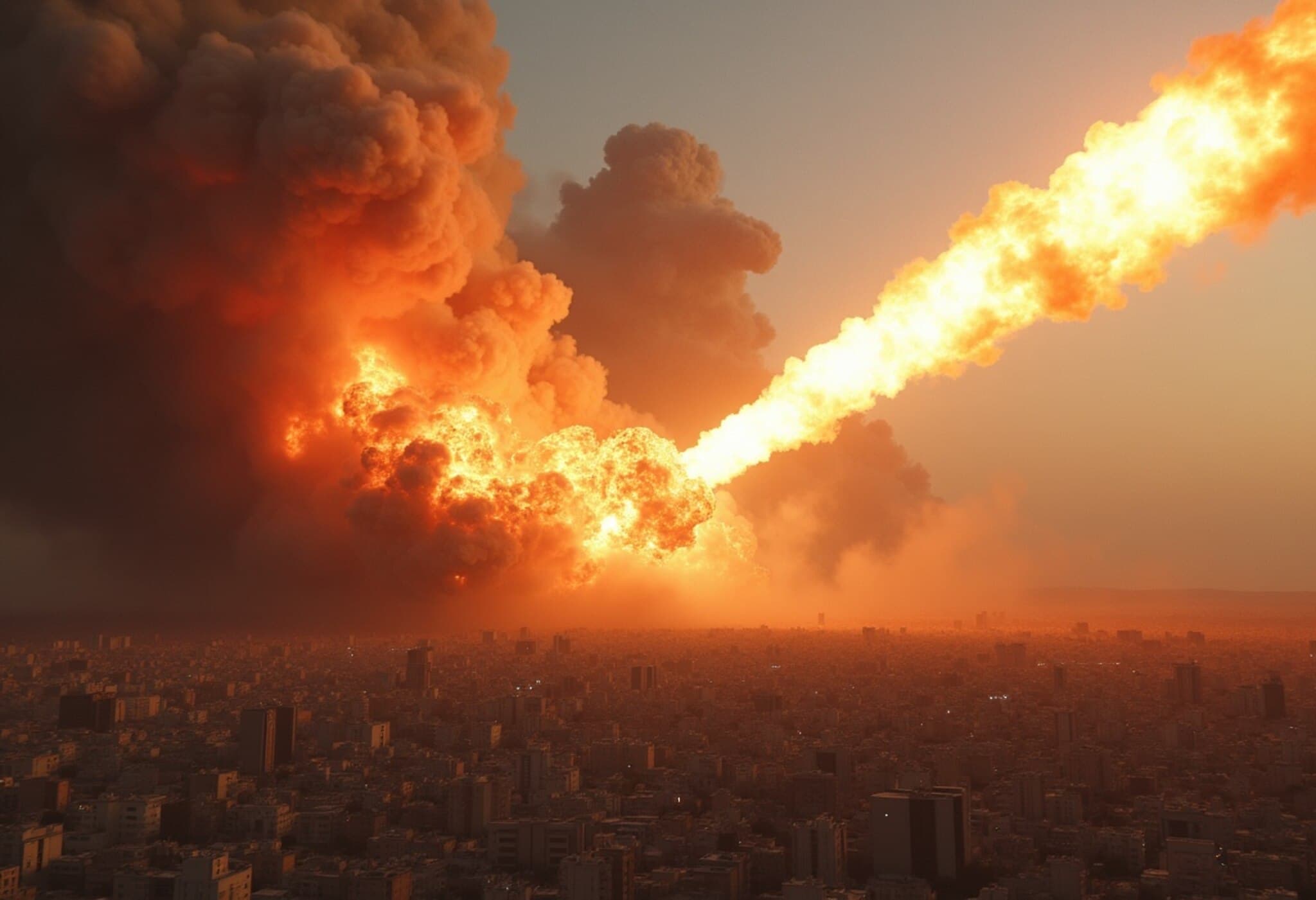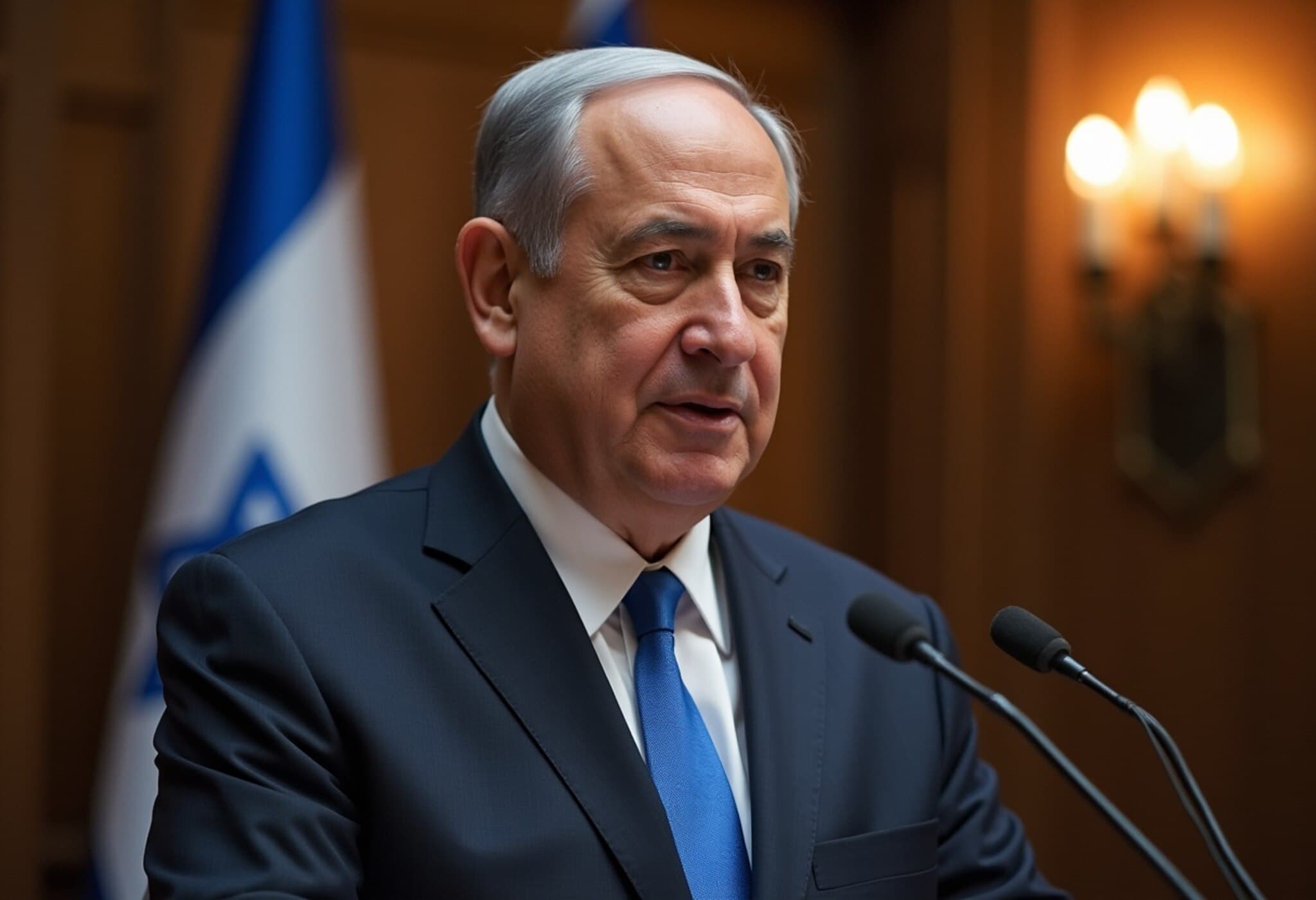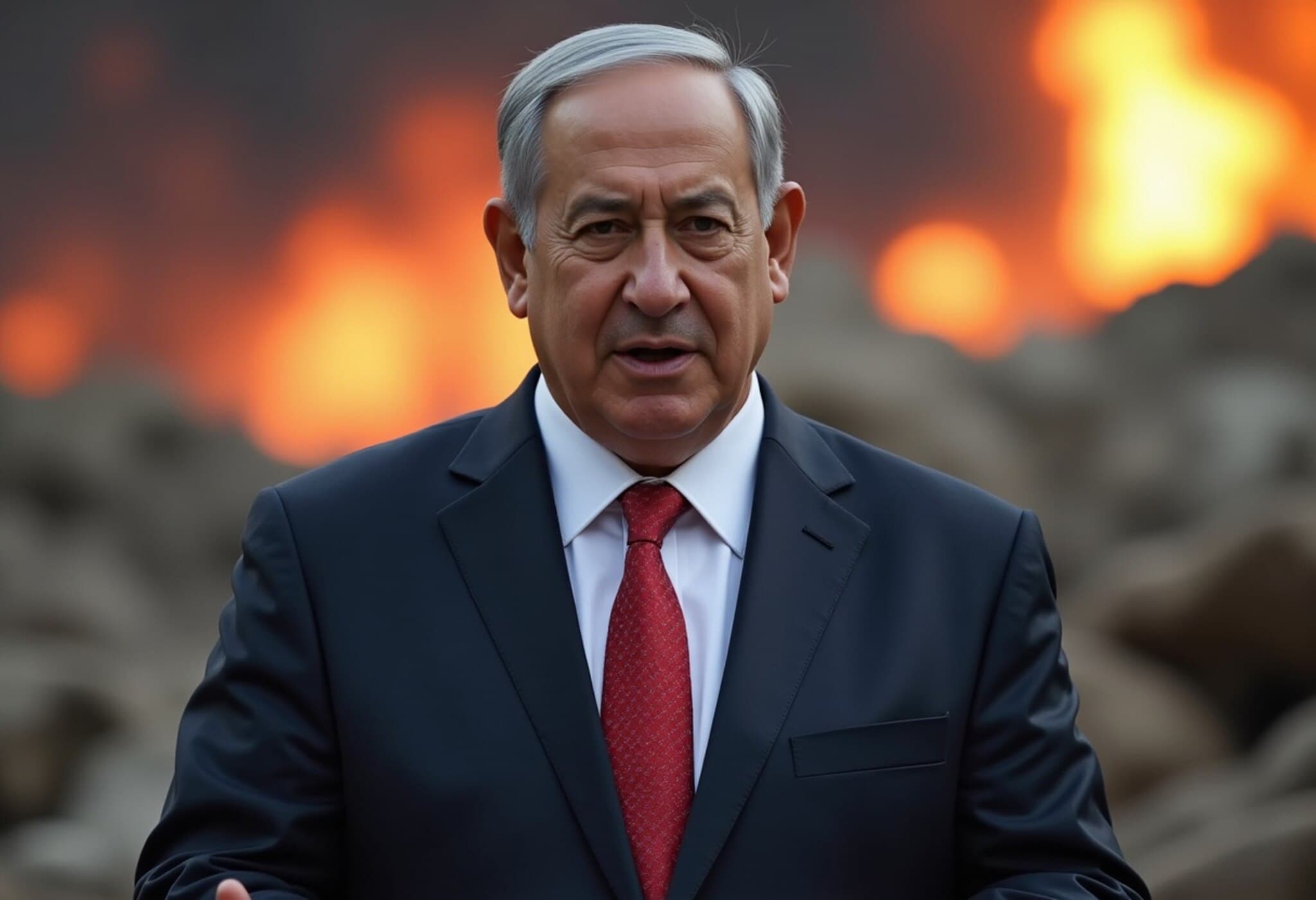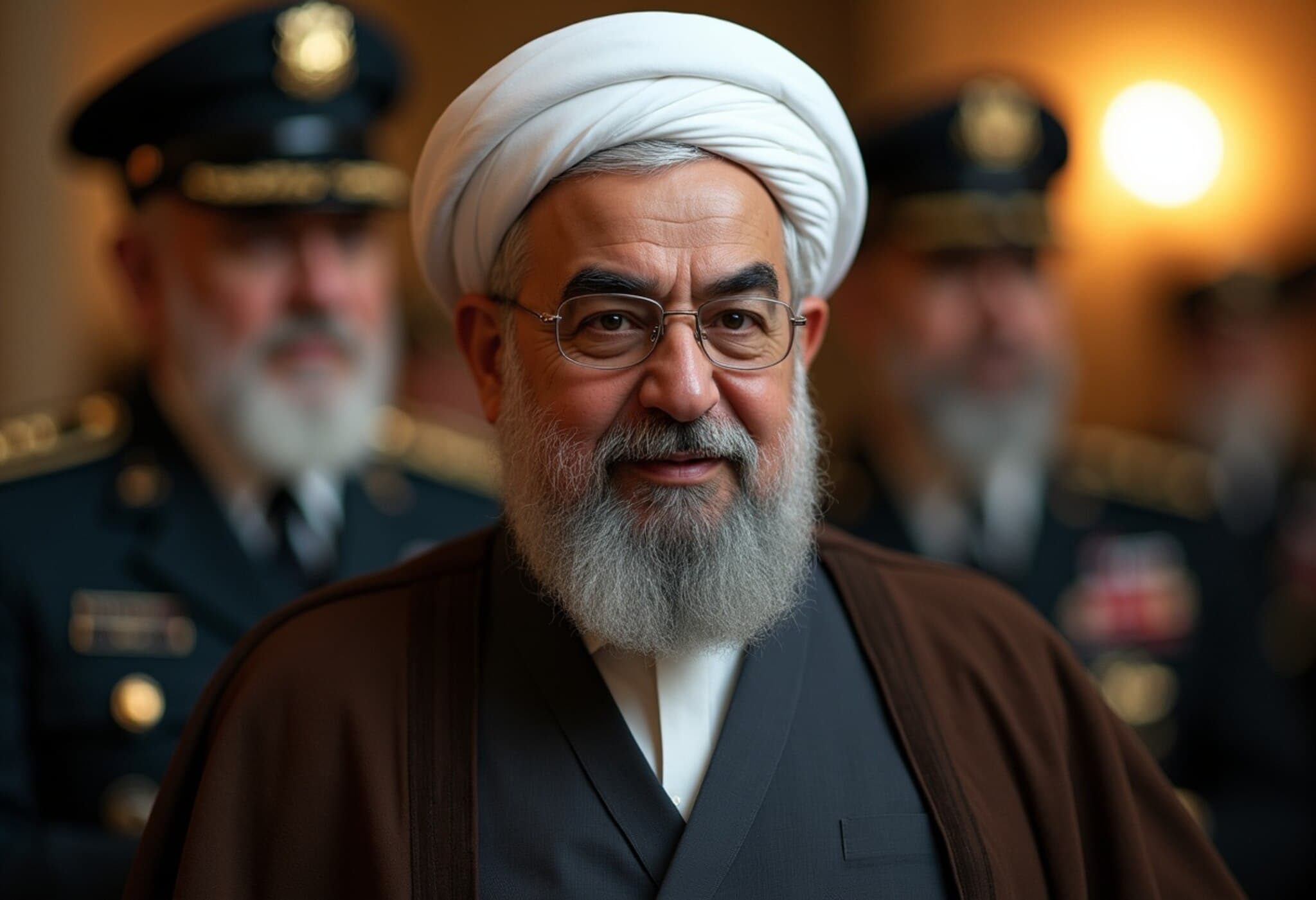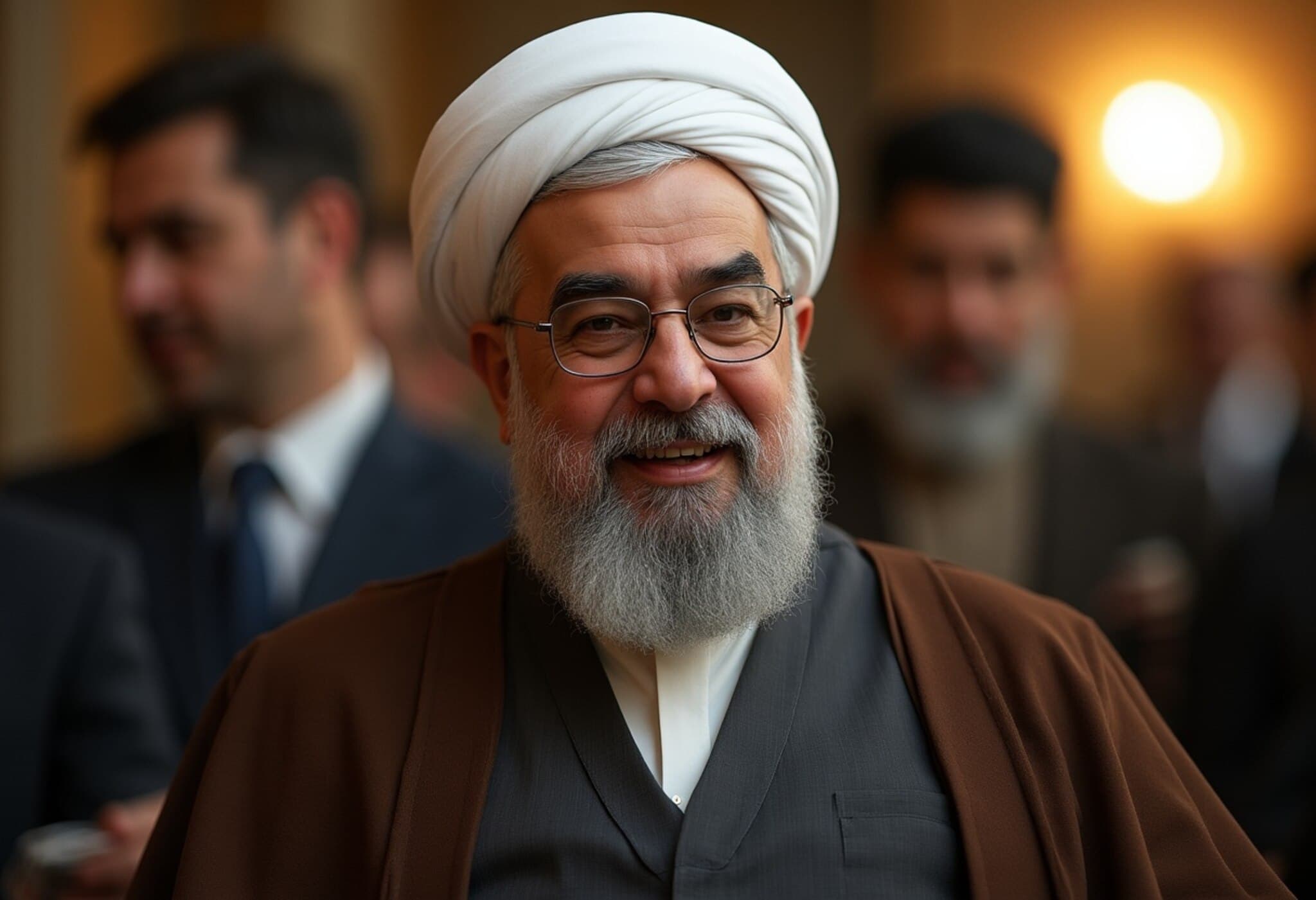Escalating Conflict: Israel Targets Iranian Missile Facilities
In a dramatic escalation, Israel has intensified its military operations against Iran, focusing on missile storage and launch sites across several Iranian cities including Tehran and Rasht near the Caspian Sea. These strikes have come amid growing regional tensions and ongoing missile attacks on Israeli cities, marking a dangerous chapter in the ongoing conflict.
US Stance: Diplomacy on the Brink of Collapse
As the situation worsens, US President Donald Trump has given Iran a strict two-week window to engage in substantive negotiations, warning that failure to do so may prompt direct military action, particularly targeting nuclear facilities like the Fordo site. Despite his commitment to peace, the administration’s skepticism over Iran’s nuclear intentions has grown, with Trump questioning the legitimacy of Iran’s civilian nuclear program given its vast oil reserves.
Intelligence Disagreement Adds to Diplomatic Strain
Notably, the President publicly disputed key intelligence assessments regarding Iran’s nuclear ambitions, dissenting from his own intelligence community's findings. This internal contradiction has heightened uncertainty around the US approach to the crisis.
Tehran’s Response: Diplomacy Accused of Being Undermined
Iranian Foreign Minister Abbas Araghchi sharply condemned the US for allegedly using diplomatic talks as a smokescreen while Israel conducted surprise missile attacks. He declared that Iran would not return to negotiations unless Israel ceases its military aggression, framing such strikes as a clear violation of international law and an outright betrayal of diplomatic efforts.
Nuclear Program as a National Right
Araghchi emphasized that Iran views its nuclear knowledge and uranium enrichment as a matter of national pride and legal entitlement under international agreements, rejecting demands for complete cessation of enrichment activities.
Vice President Highlights Closing Window for Peace
Vice President JD Vance echoed the President’s message, warning that diplomacy was rapidly nearing its end. He affirmed the administration’s preference for dialogue but stressed readiness to take decisive action once negotiation opportunities vanish, underscoring the urgency given Iran’s ongoing provocations.
Impact on Civilians: Rising Casualties and Damage
The conflict has tragically claimed over 650 lives in Iran, including more than 260 civilians, while Israeli casualties have surpassed 20 with hundreds injured. Recent missile attacks have caused fires and damage in Israeli cities such as Beersheba and Holon, including an incident where shrapnel from intercepted missiles ignited a rooftop fire in a residential building.
International Concerns: Risks to Nuclear Facilities
The International Atomic Energy Agency has issued warnings about strikes on Iranian nuclear reactors, cautioning that attacks on sites like Bushehr could lead to significant radioactive release. While Israel has avoided targeting operational reactors, strikes have damaged Iran’s Arak heavy water facility, though this did not cause contamination.
Israeli Leadership Prepares for Prolonged Conflict
Israeli officials, including Defence Minister and top generals, have acknowledged the complexity and anticipated duration of the campaign, which involves targeting Iran’s nuclear infrastructure. Prime Minister Benjamin Netanyahu has vowed to continue operations “for as long as it takes” to neutralize what he describes as an existential threat posed by Iran’s nuclear ambitions.
Diplomatic Efforts Stall Amid Mutual Distrust
Recent negotiations in Geneva involving Iran and European representatives produced no breakthroughs, with Iran expressing skepticism about US intentions and accusing Washington of masking military operations behind diplomatic engagement. The US administration, meanwhile, has downplayed Europe’s role, emphasizing direct negotiations with Iran.
Persistent Missile Attacks and Counterstrikes
- Iran launched missiles targeting Haifa and Beersheba, with some projectiles managing to penetrate Israel’s missile defense systems.
- One missile carrying cluster munitions caused significant damage and fires in Beersheba.
- In Haifa, at least 31 people were wounded and multiple buildings, including a mosque, sustained damage.
- Israeli forces responded with counterstrikes, claiming to have destroyed much of Iran’s missile launch infrastructure despite ongoing sporadic attacks.

